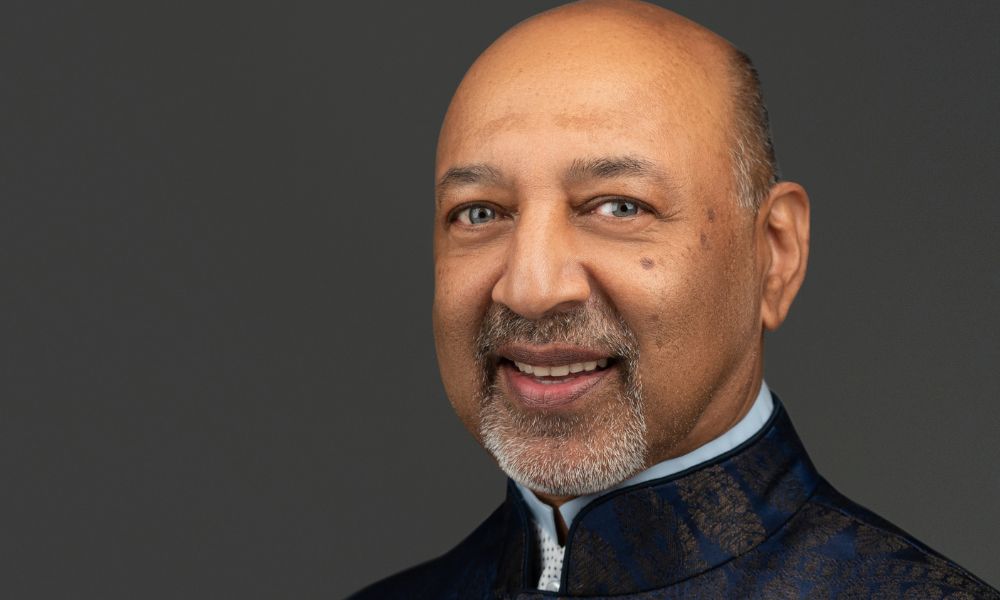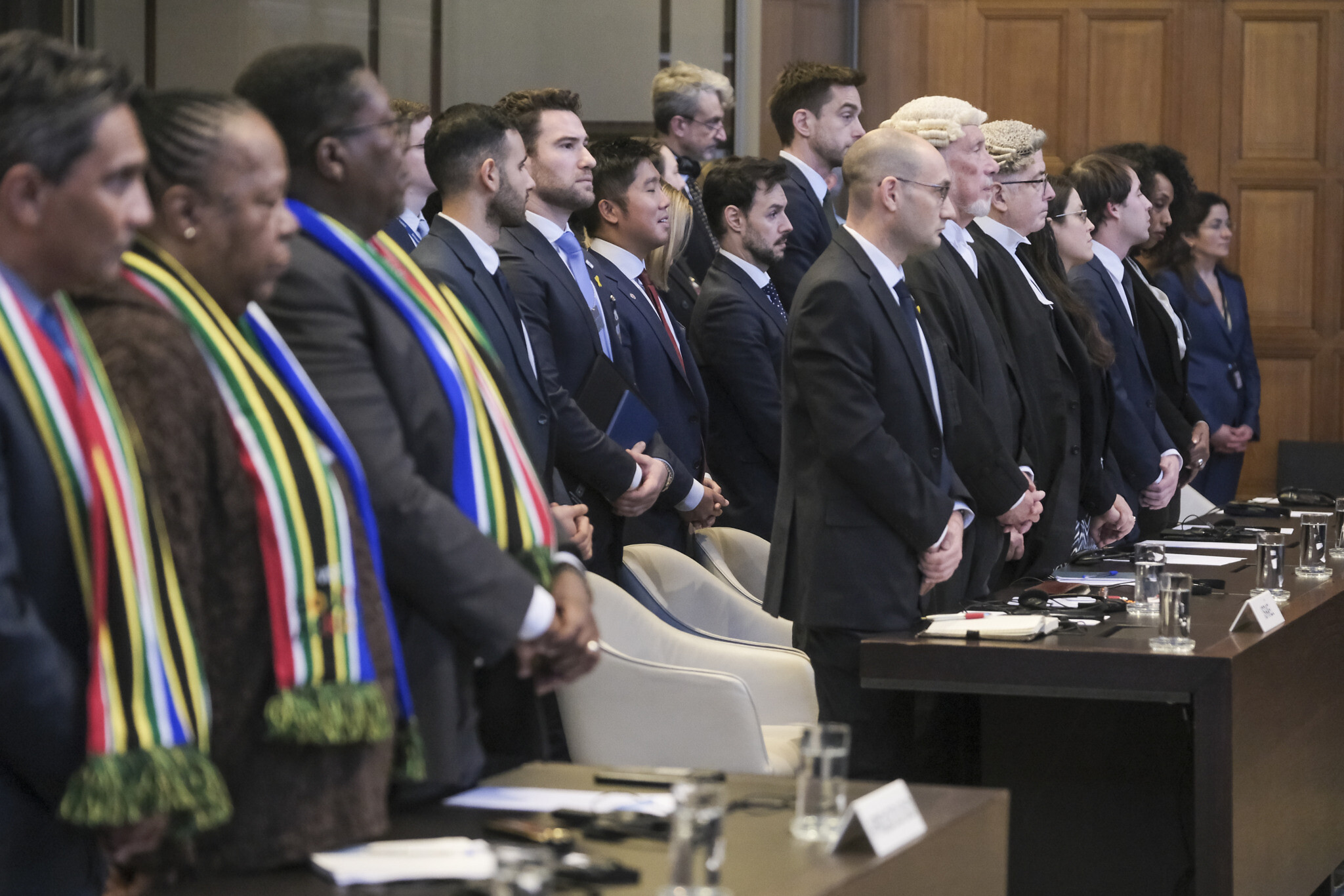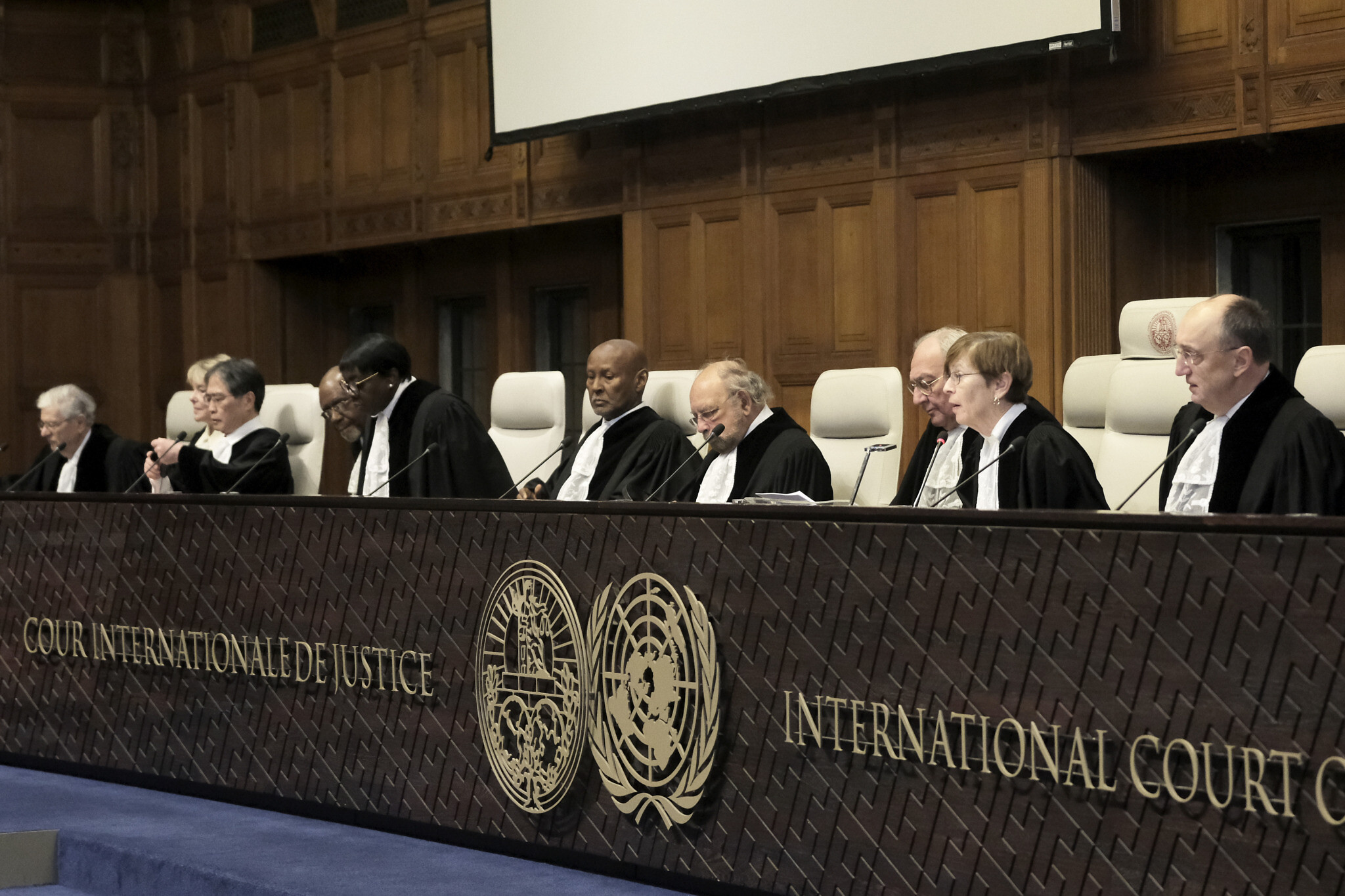South African human rights advocate Prakash Diar sheds light on the global stage, unraveling the intricate web of international law, human rights, and the relentless strife in Palestine in an interview with Daryo. Diar's wealth of experience in law and activism provides a unique lens through which he explores the complexities surrounding the South African case against Israel at the International Court of Justice (ICJ).

The South African Case at the ICJ
Central to the interview is the discussion of the South African case against Israel, presented at the ICJ. Prakash details the legal and humanitarian aspects of this case, emphasizing its significance in international law. The case represents a critical moment where global legal systems are confronted with the complex realities of modern-day conflicts and human rights abuses.
“It would be stunning if the ICJ didn't follow the approach similar to the one he took in the case between Gambia and Myanmar, right? So that's the precedent.” Says Prakash.

Expert Opinions and Legal Precedents
Prakash cites opinions from several world-renowned experts in law and genocide, such as Professor Raz Siegel and Professor Francis Boyle, to underline the strength of the South African case. He discusses the precedent set by similar cases, such as Gambia vs. Myanmar, and how these influence the current situation.
“You know, he read all the pleadings. That means all the documents of the court case on both sides, of course. And this was immediately after the presentation of the South African case. He came to the conclusion that South Africa has presented a solid and quote-unquote airtight case. Right. From his experience as somebody who's worked on genocide issues.” His comment on Professor Francis Boyle.

Human Rights and International Law
Throughout the interview, Prakash repeatedly emphasizes the importance of adhering to human rights and international law. He critiques the biases and double standards apparent in international responses to conflicts, particularly noting the role of major Western countries.
The Role of the Media and Public Opinion
Prakash stresses the influence of media and public opinion in shaping the discourse around these issues. He calls for a more informed and nuanced understanding of the complexities involved, beyond the often polarized and simplistic narratives presented in mainstream media.

“On social media, you get people posting all sorts of things. Out there, you know, it doesn't make any sense. You see people are angry and rightly so. But at the end of the day, you got to seek good, and you got to seek justice, in my view, right? And you got to apply the law equally to everyone, to every country.”
Prakash’s insights present a compelling narrative of the struggle for justice in a world riddled with conflict and inequality. His unique perspective, rooted in a lifetime of activism and legal expertise, offers a hopeful yet realistic view of the possibilities and challenges in the ongoing fight for human rights and international law compliance.
Follow Daryo's official Instagram and Twitter pages to keep current on world news.
Comments (0)